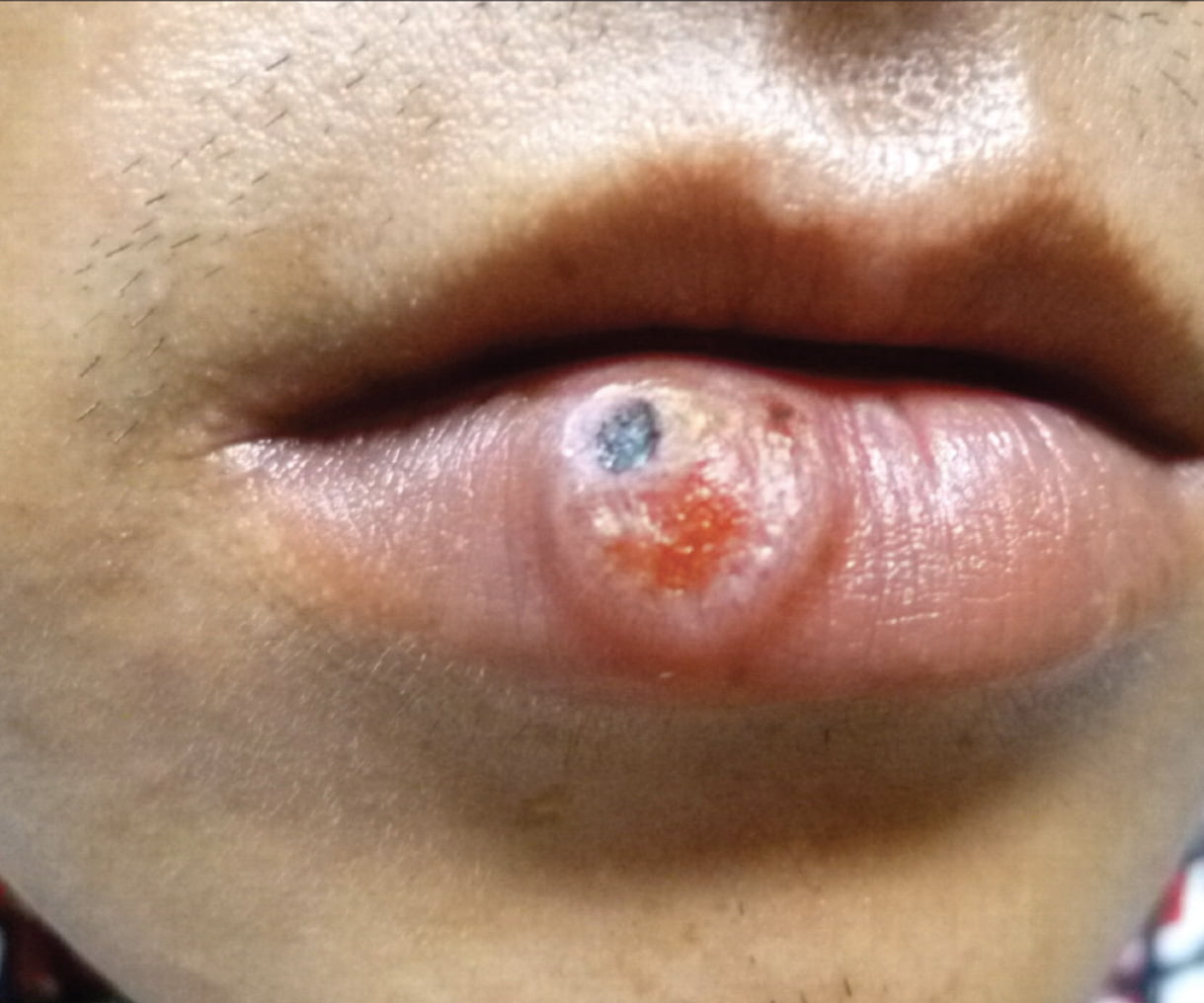Table of Contents
What is Syphilis?
Syphilis is a sexually transmitted infection caused by the bacterium Treponema pallidum. This bacterium actively infects the body through sexual contact with an infected individual. It can also be transmitted from an infected mother to her baby during pregnancy or childbirth. Syphilis progresses through different stages if left untreated, each with its own set of symptoms and potential complications. It is crucial to seek medical attention for diagnosis and treatment in order to manage syphilis and prevent its spread to others effectively.
Syphilis is a sexually transmitted disease (STD) that can have very serious complications when left untreated, but it is simple to cure with the right treatment it is a bacterial infection that transmits through sexual contact. Syphilis usually starts as a painless sore — typically on the patient’s genitals, rectum, or mouth.
It transmits from person to person via skin or mucous membrane contact with the painless sores. After the initial infection, the bacteria can stay inactive and dormant in your body for many years, even decades, before becoming active again. The early stage can be cured, sometimes with a single shot (injection) of penicillin.
Without treatment, the infection can seriously damage your heart, brain, or nervous system and can be absolutely life-threatening. This bacteria can also be passed from carrier mothers to the unborn fetus.

Symptoms of Syphilis
Primary stage
The first sign of the disease is a small sore called a chancre.
The sore appears at the spot where the bacteria entered your body depending on the oral sex, anal intercourse, or vaginal. Patients infected with syphilis mostly develop only one chancre, but some patients develop several of them. So several painless sores in the mouth, anus and perianal area, vulva, vagina, or penis can be a sign of primary infection.
The chancre usually develops about three weeks after exposure. Many people who have syphilis don’t notice the chancre because it’s usually painless, and it may be hidden within the vagina or rectum. The chancre will heal on its own within three to six weeks. But it is not the end of the story of syphilis at all!! Unless you get proper treatment and follow up for it.
Secondary syphilis
Within a few weeks of the original chancre healing, you may experience a rash that begins on your trunk but eventually covers your entire body — even the palms of your hands and the soles of your feet.
This rash is usually not itchy and may be accompanied by wart-like sores in your mouth or genital.
Furthermore, a few percent of patients experience hair loss, muscle aches, a fever, a sore throat, and swollen lymph nodes.
These signs and symptoms may disappear within a few weeks or repeatedly come and go for as long as a year.
Latent syphilis
If you aren’t treated for this disease, the disease moves from the secondary stage to the hidden (latent) stage when you have no symptoms. The latent stage can last for decades.
Signs and symptoms may never return, or the disease may progress to the third (tertiary) stage, which is the worst stage of the infection.
Common Misconceptions About this Bacterial Infection
Many people have misconceptions regarding sexually transmitted illnesses. The following are some common myths about this infection:
This Disease is Incurable:
This is a frequent myth, although it may be treated with antibiotics recommended by a doctor. Further tests in the future may still show a positive result after you’ve finished your therapy. This is due to the fact that the test is looking for antibodies that are specific to this bacterial infection in your system. It doesn’t show that you are currently infected.
Oral Sex Cannot Spread Syphilis:
Oral intercourse with an infected individual can transmit or contract this infection, especially if you come into contact with a current Chancre during the encounter. If you or your spouse have cuts or sores in or around the mouth or genital area, you and your partner are more vulnerable.
Impact on Pregnancy:
The treatment of this infection will have a detrimental impact on my pregnancy or endanger my unborn child: The treatment of the disease that your doctor will prescribe is absolutely safe and will not affect your baby if chosen regarding guidelines. Leaving a Syphilis infection untreated is more risky for your child’s health because it might cause difficulties during pregnancy or birth.
If you’re concerned about your sexual health or want a general check-up, it’s critical to meet a specialist to get checked right away to avoid developing other health problems.
Today is the best day to schedule your test.
Related Q&A
Q1. How is syphilis diagnosed?
Syphilis can be diagnosed through various methods, including blood tests. The most common blood test is the Venereal Disease Research Laboratory (VDRL) or Rapid Plasma Reagin (RPR) test, which detects the presence of antibodies produced in response to the infection. Confirmatory tests, such as the Treponemal-specific test (e.g., Treponema pallidum particle agglutination assay or fluorescent treponemal antibody absorption test), may be used to confirm a positive result.
Q2. Can syphilis be cured?
Yes, syphilis can be cured with appropriate antibiotic treatment. The preferred treatment is usually penicillin, which is highly effective in eliminating the infection. The specific antibiotic and duration of treatment may vary depending on the stage of syphilis and other factors. It’s important to complete the full course of antibiotics as prescribed by a healthcare professional.
Q3. Can syphilis come back after treatment?
If syphilis is promptly diagnosed and treated with the appropriate antibiotics, the infection can be completely cured. However, it is still possible to get reinfected with syphilis if exposed to the bacterium again through sexual contact with an infected individual. It is important to practice safe sex and take necessary precautions to prevent reinfection.
Q4. Can syphilis be transmitted through oral sex?
Yes, syphilis can be transmitted through oral sex if one partner has an active syphilis sore or rash in the mouth or genital area. The bacterium can enter the body through small cuts or abrasions in the mouth or throat. Using barriers like condoms and dental dams can help reduce the risk of transmission.
Q5. Is syphilis contagious?
Yes, syphilis is highly contagious and can be transmitted through sexual contact, including vaginal, anal, or oral sex. It can also be transmitted from an infected mother to her baby during pregnancy or childbirth.
Q6. What are the potential complications of untreated syphilis?
If left untreated, syphilis can lead to severe complications. In later stages, it can affect the cardiovascular system, central nervous system, and other organs. Complications may include damage to the heart, blood vessels, brain, spinal cord, and other vital organs. It can also cause neurological problems, blindness, deafness, and even death.
Syphilis Infection in Dubai

Regarding syphilis in Dubai and In the United Arab Emirates (UAE), information on the incidence of sexually transmitted illnesses is limited because of the lack of getting the test done. A news article published in the UAE stated that more than 500 cases of sexually transmitted diseases were registered in the capital, but medical experts believe that the true number is much higher.
Get tested today – Book your appointment with the top female gynecologist in Dubai!
Book an Appointment


